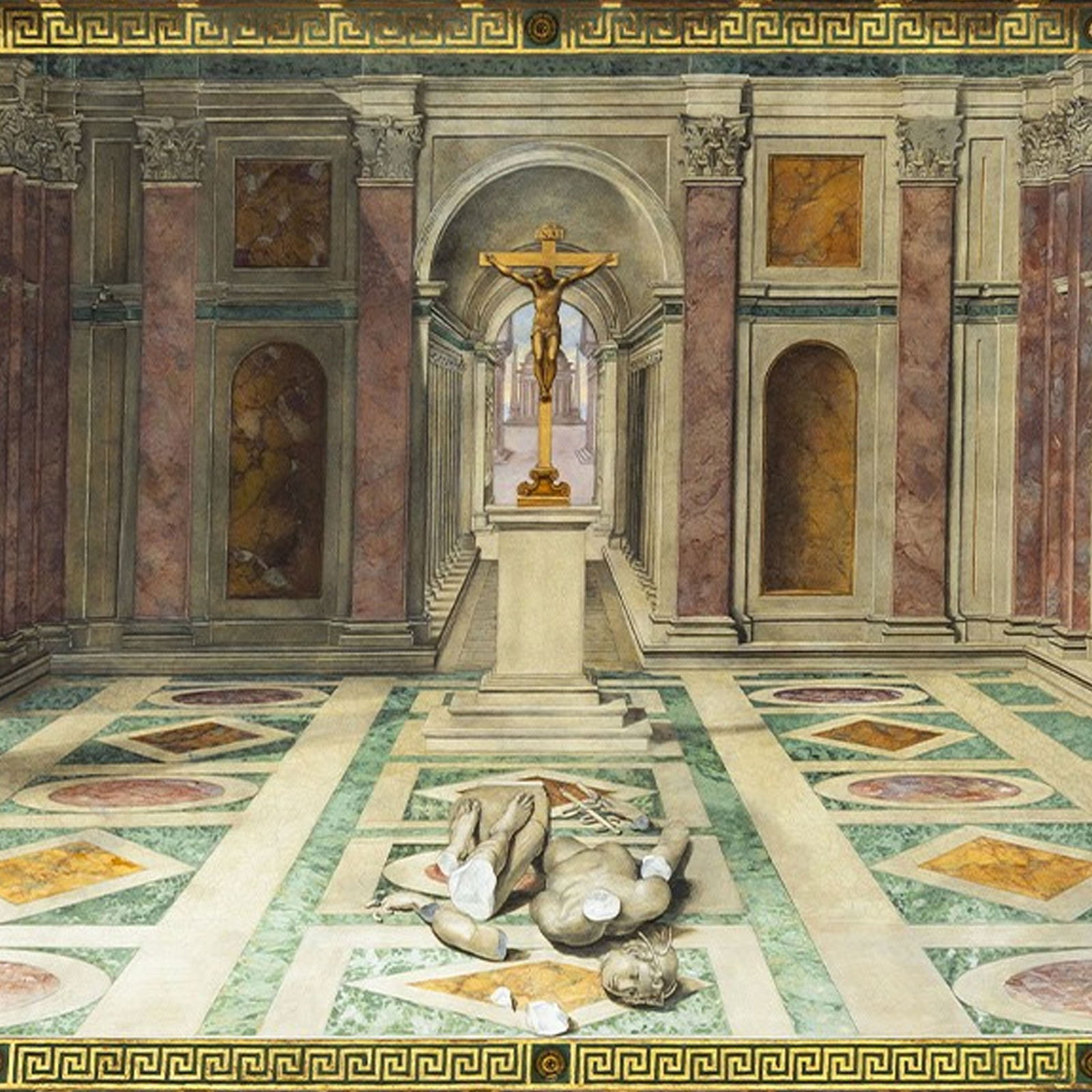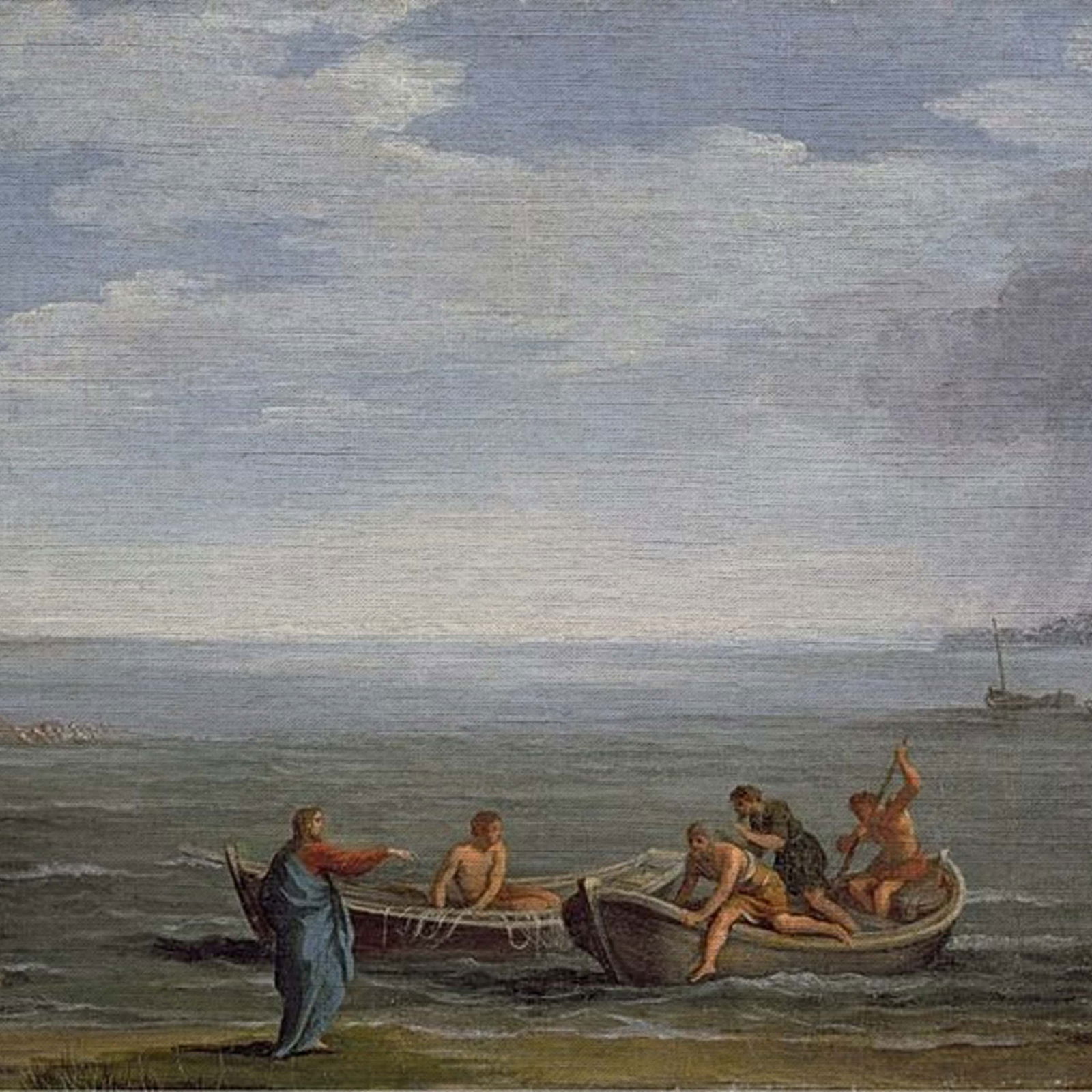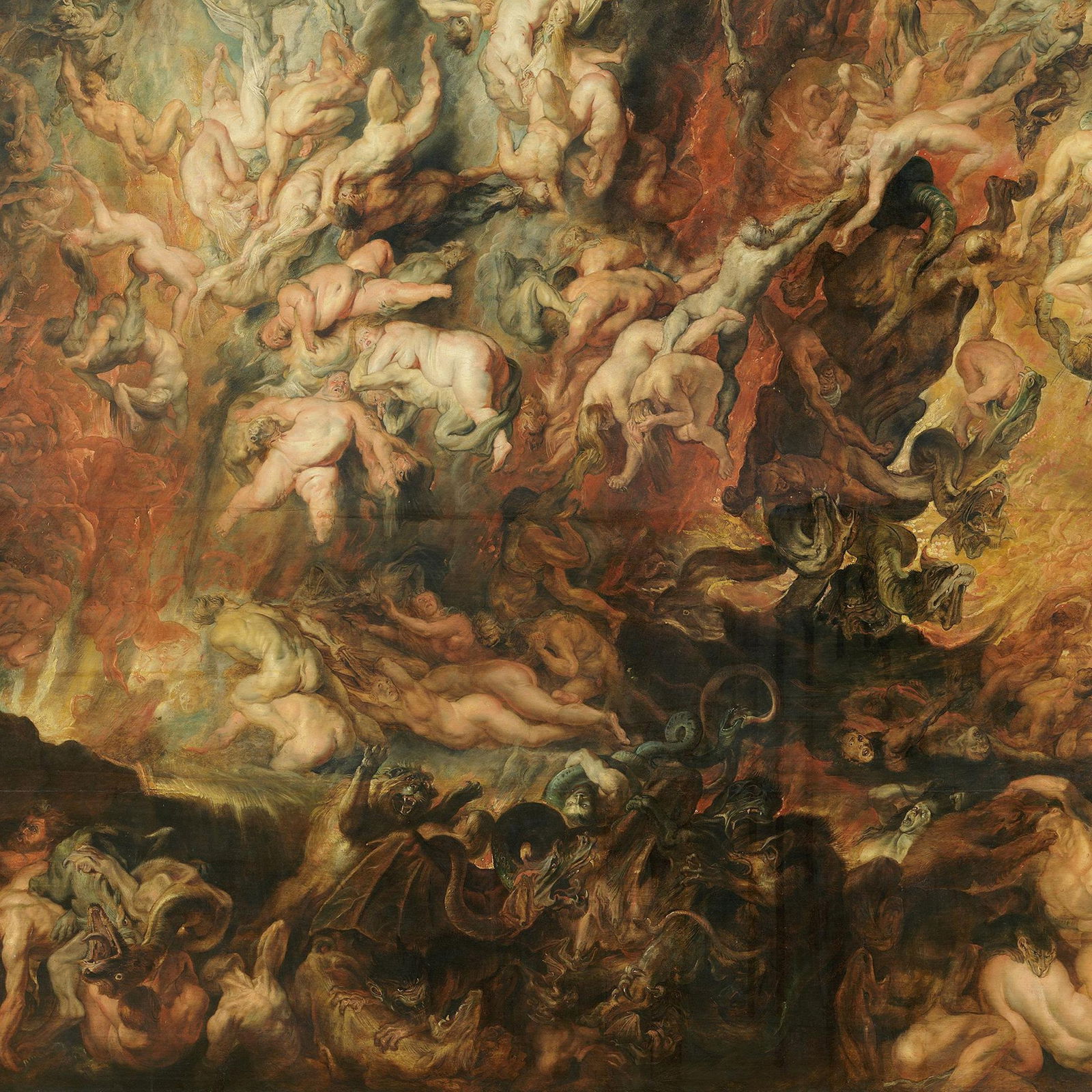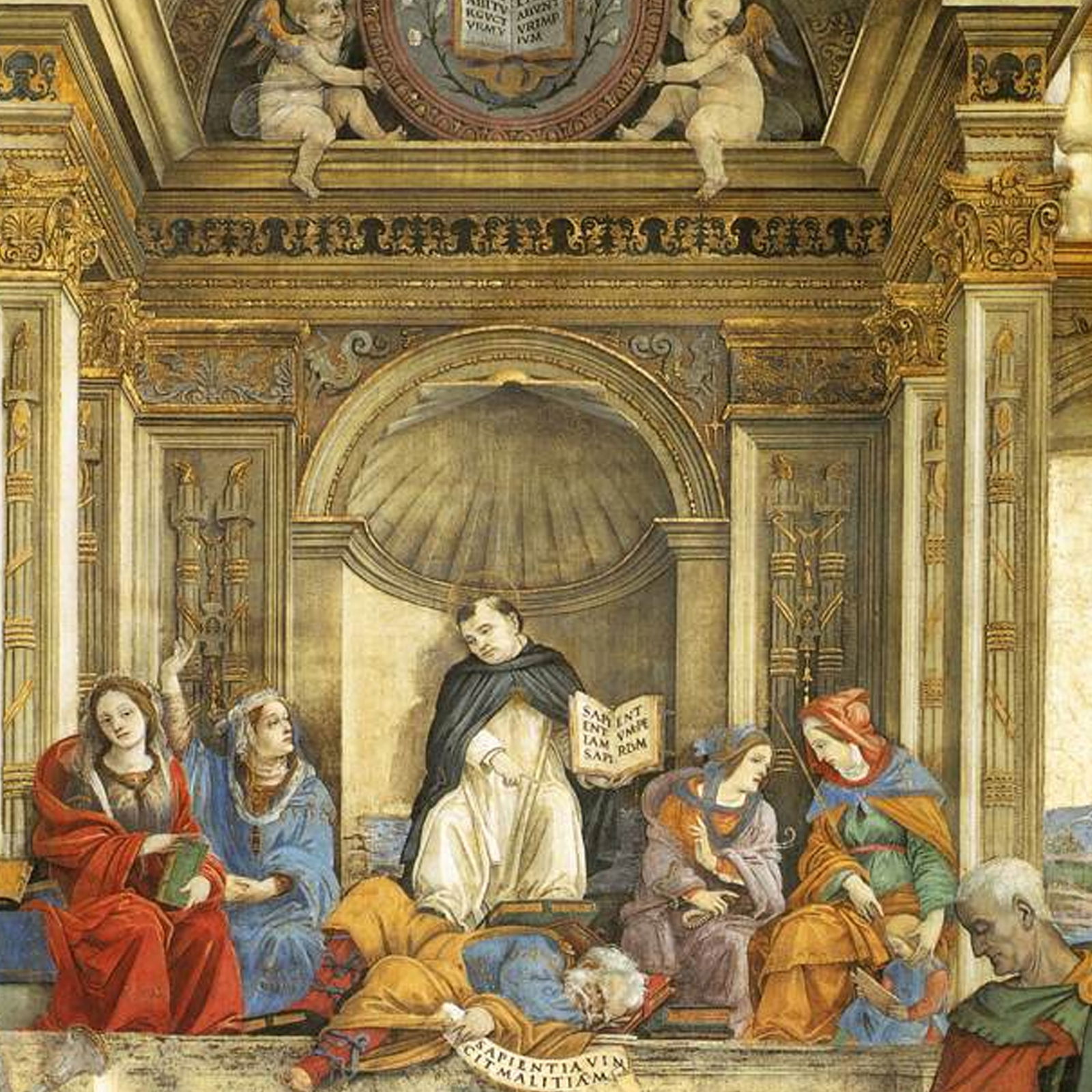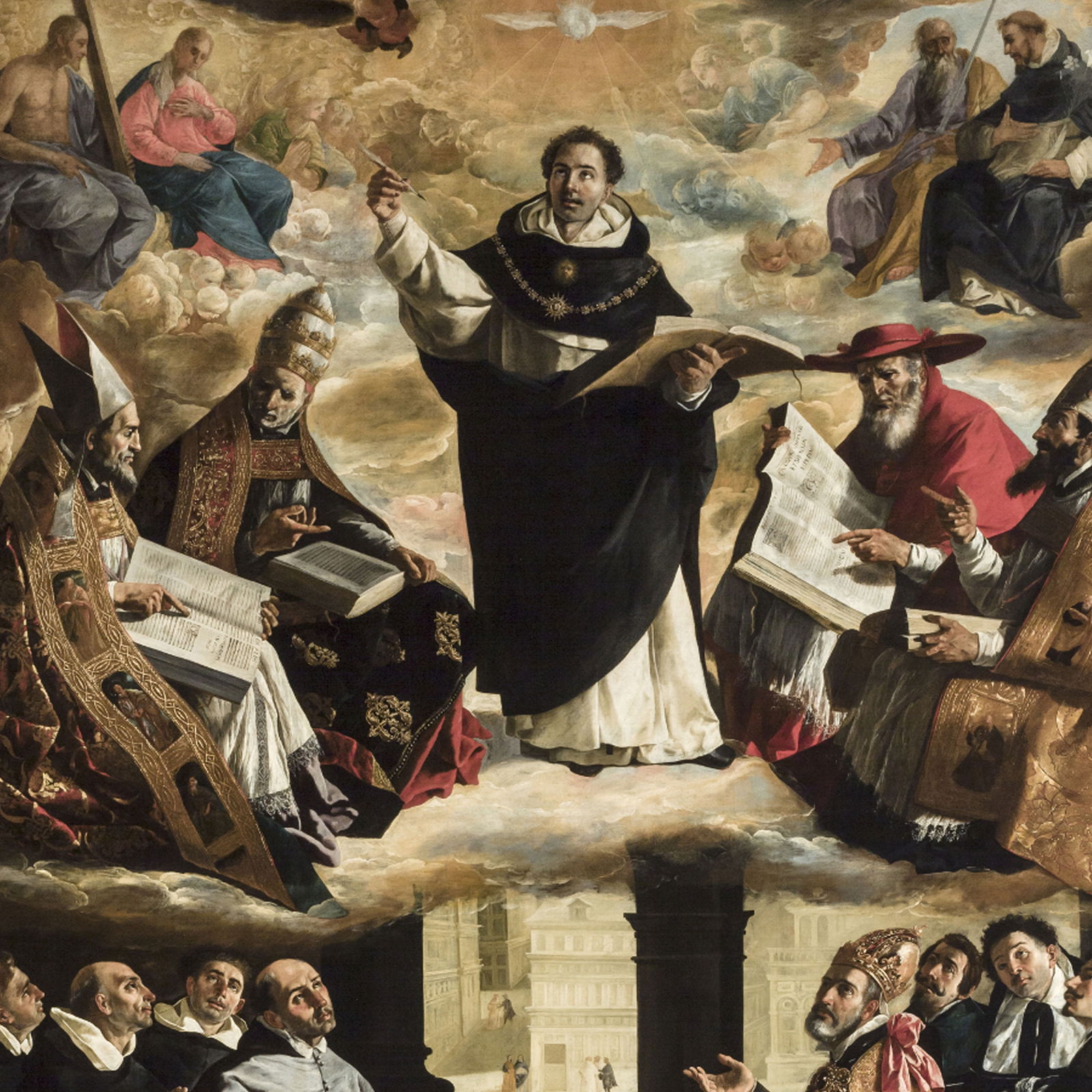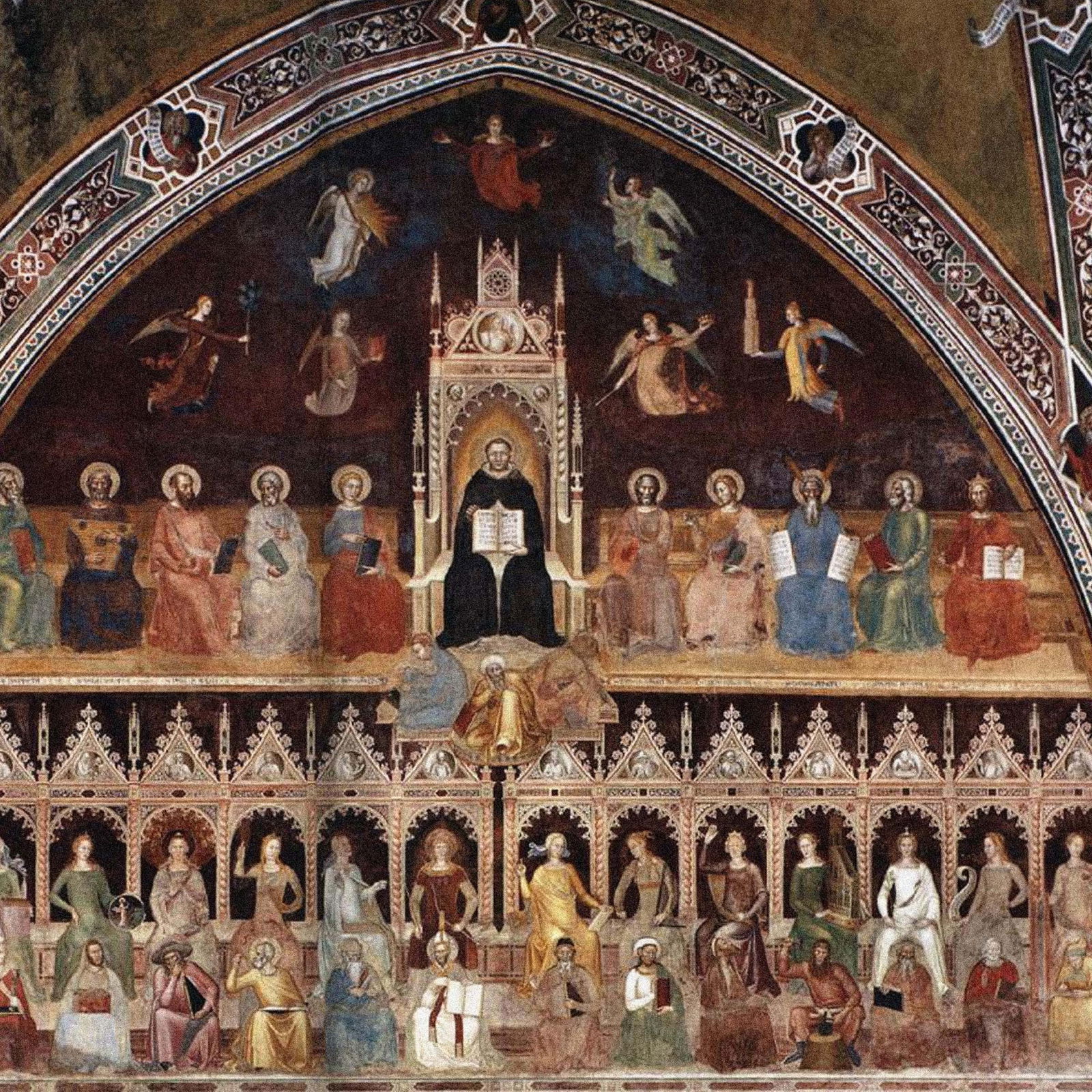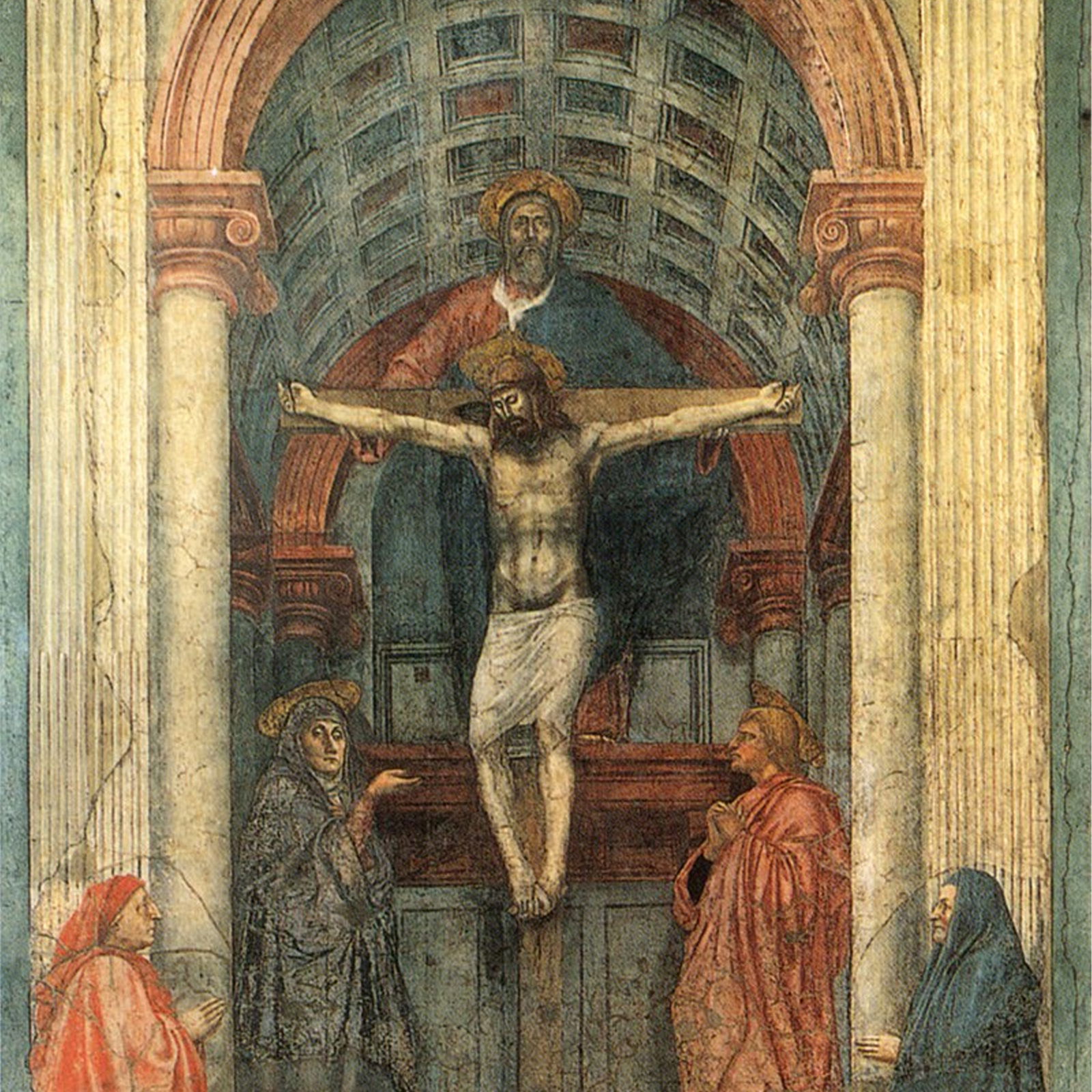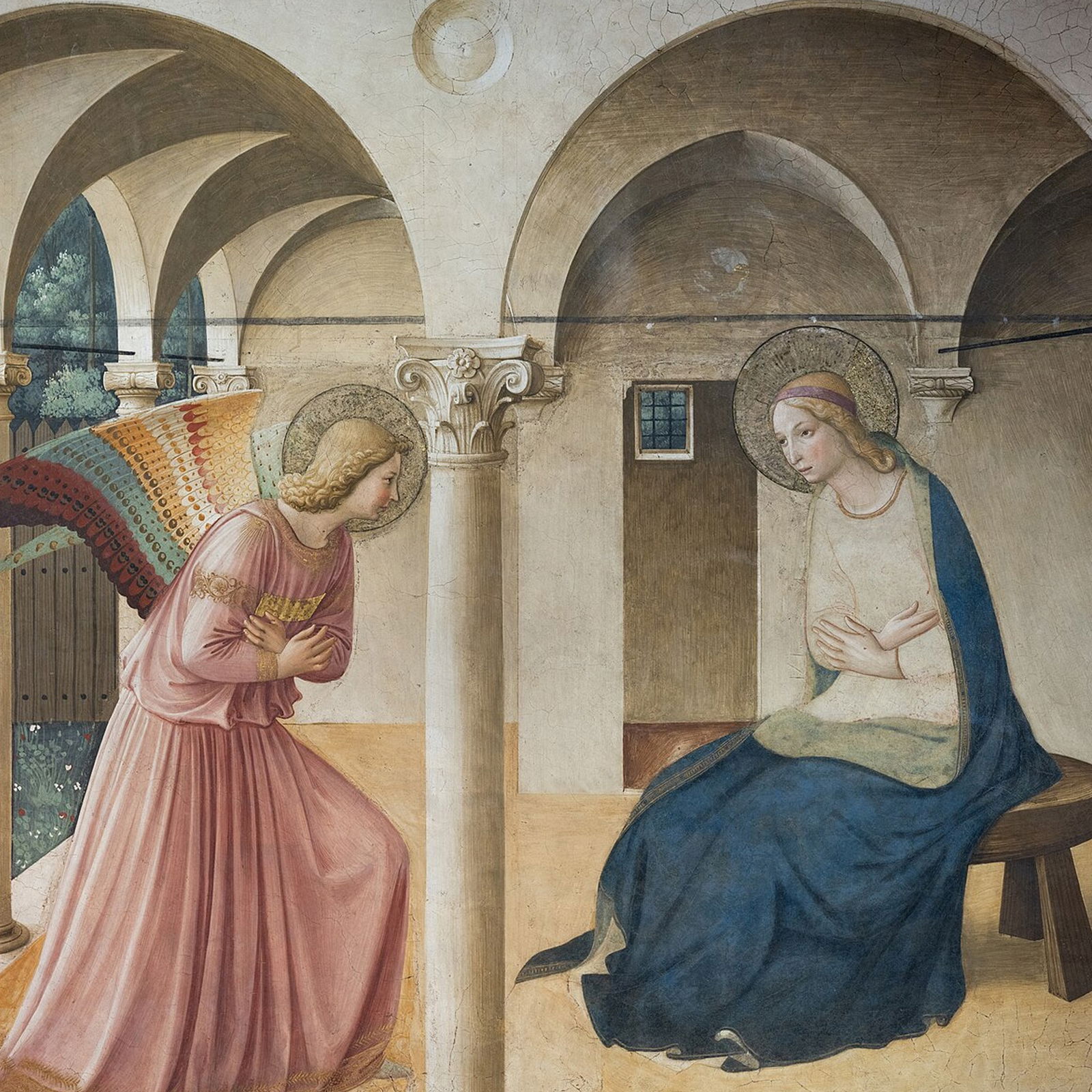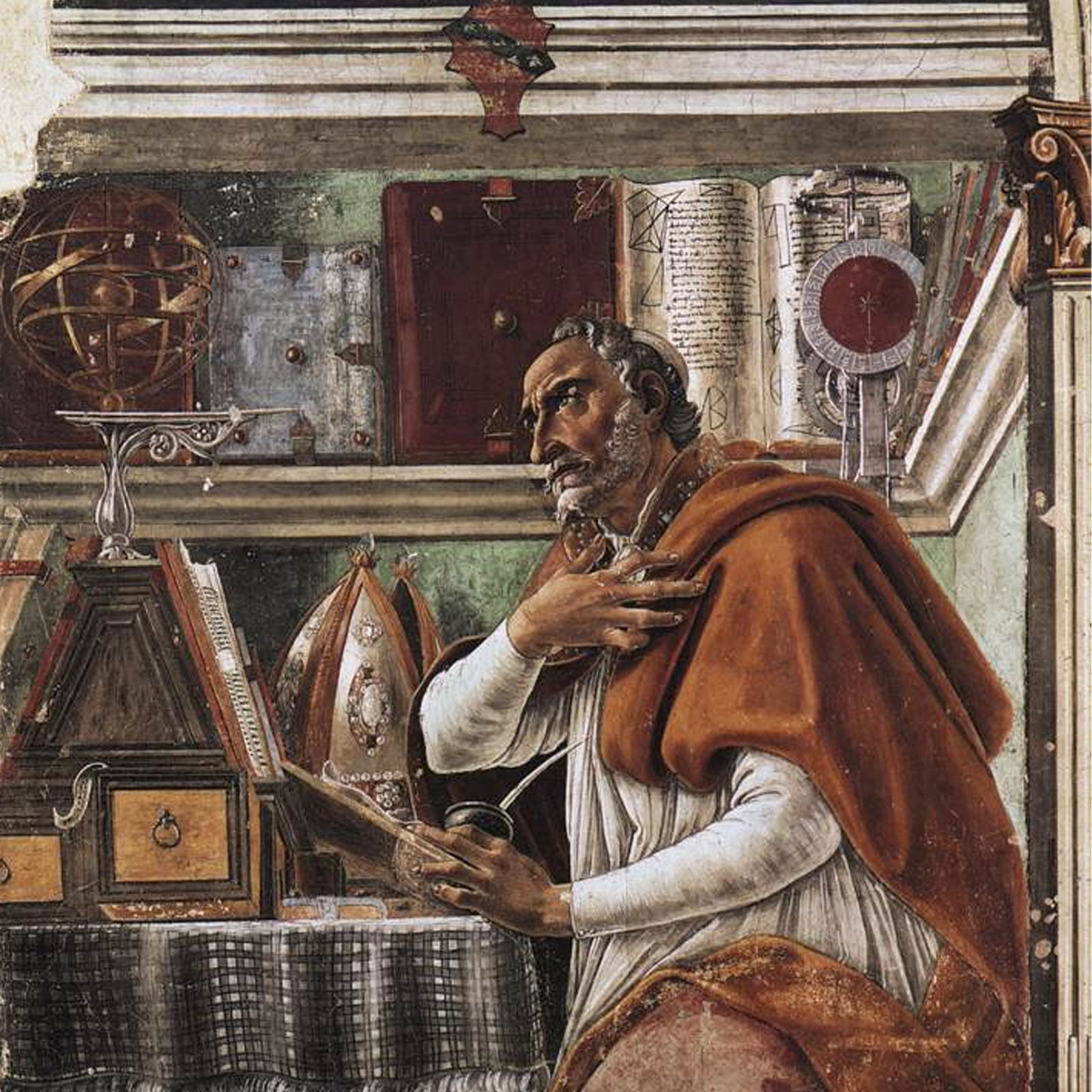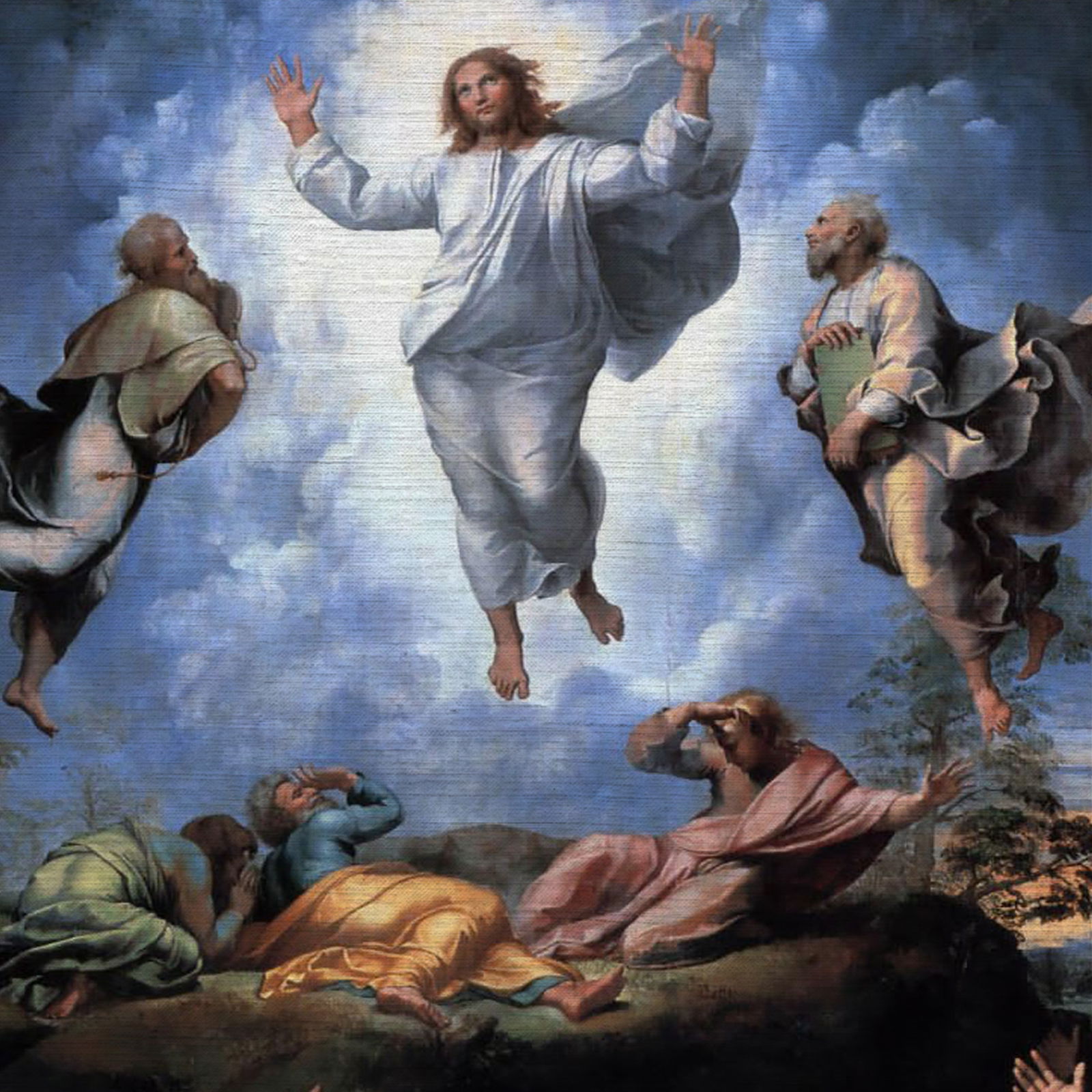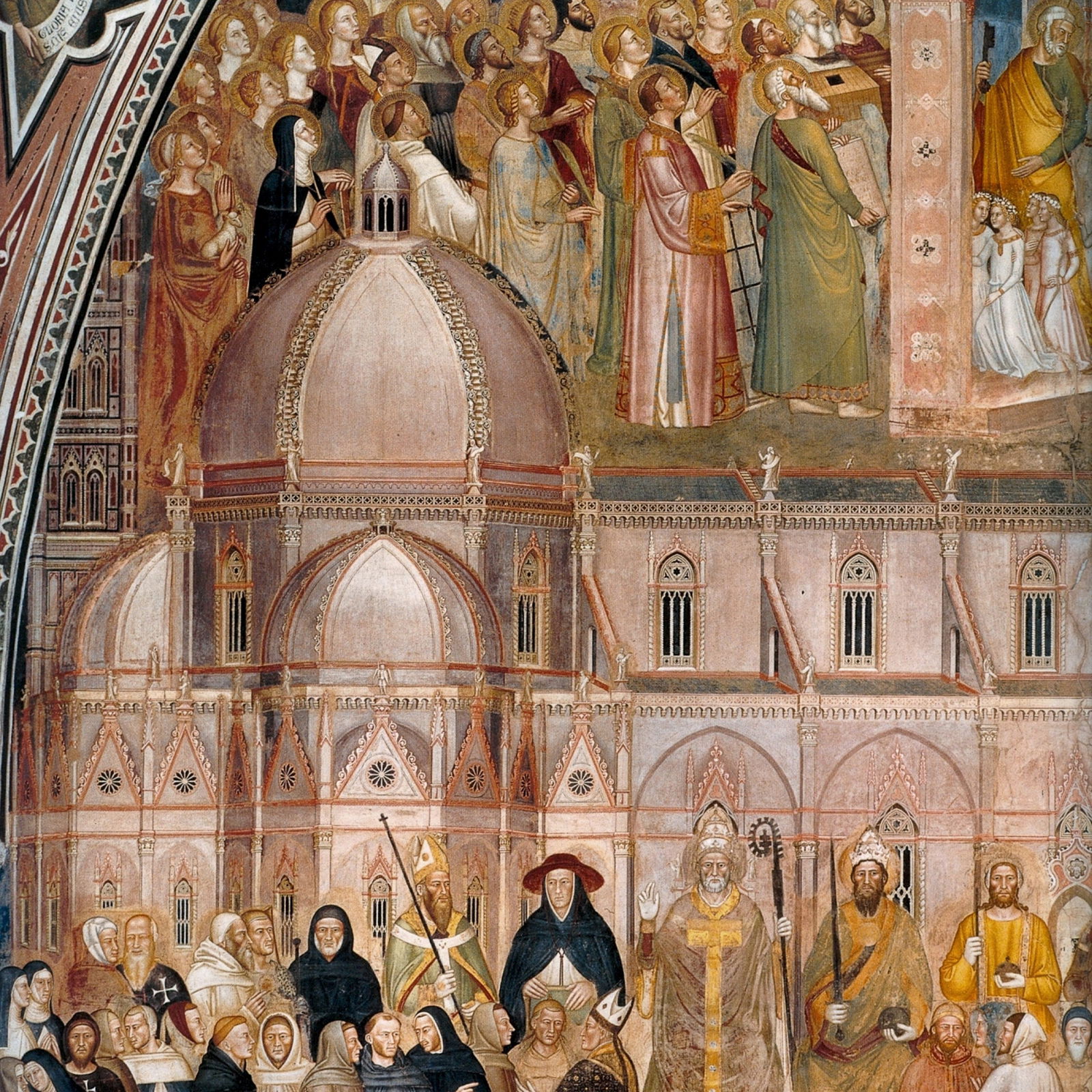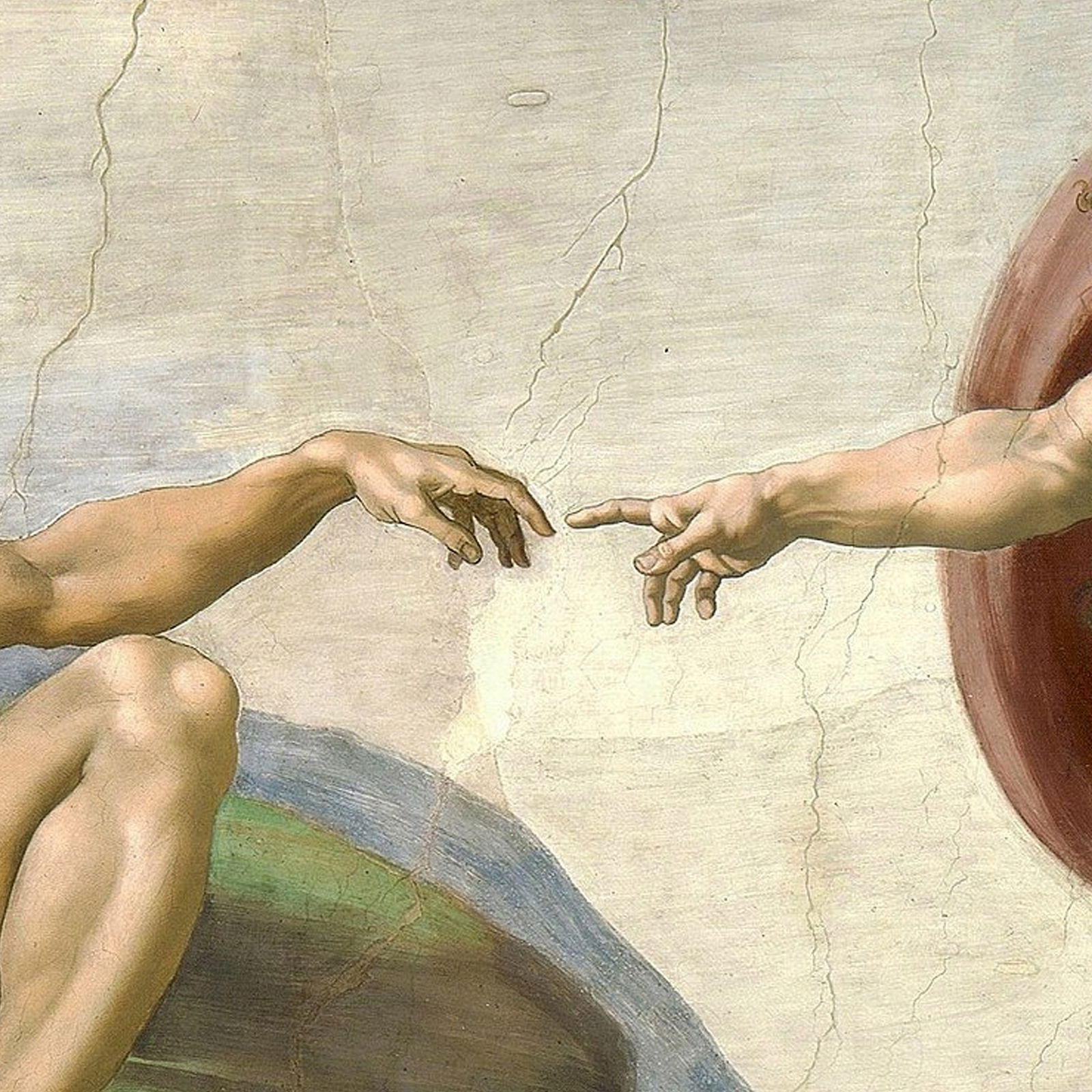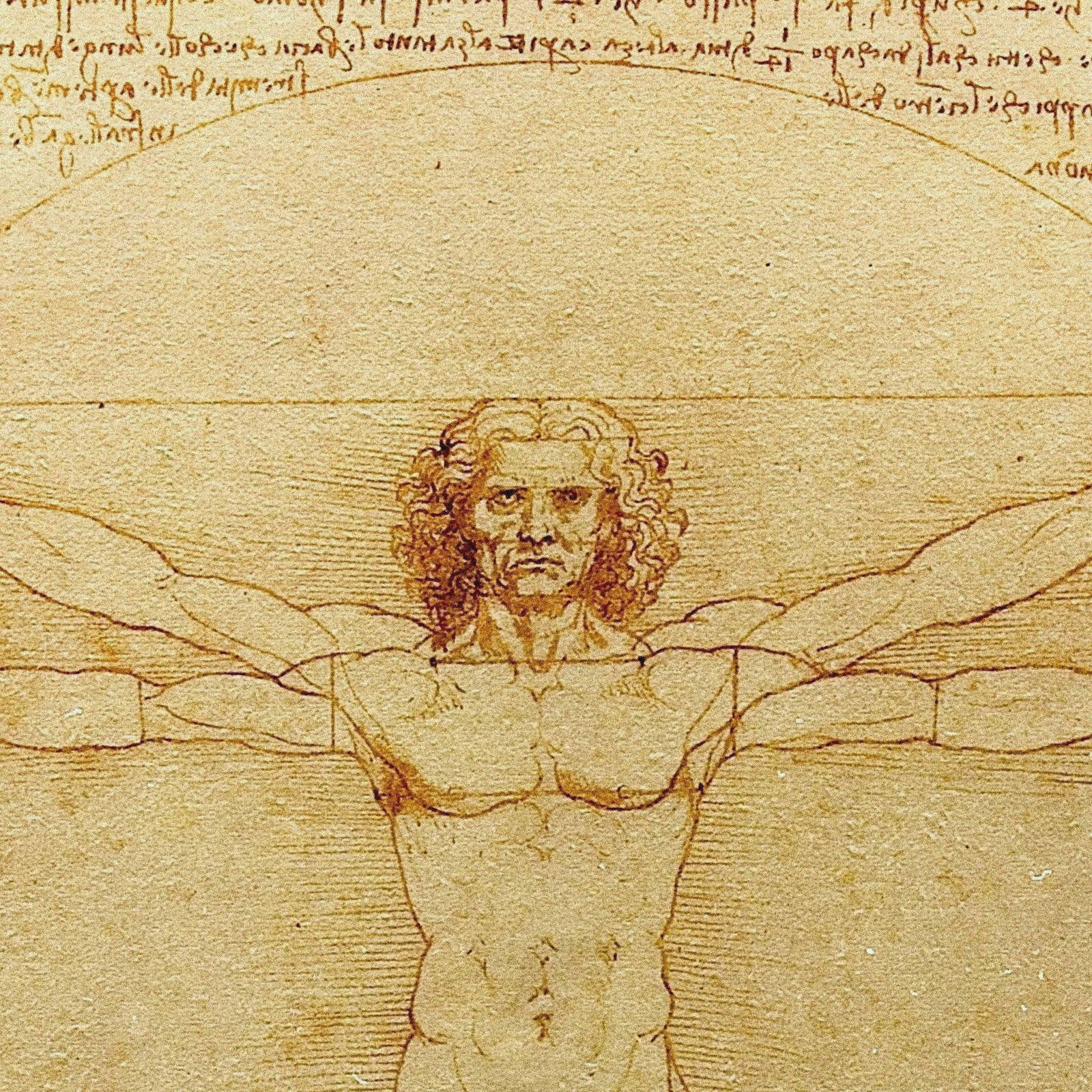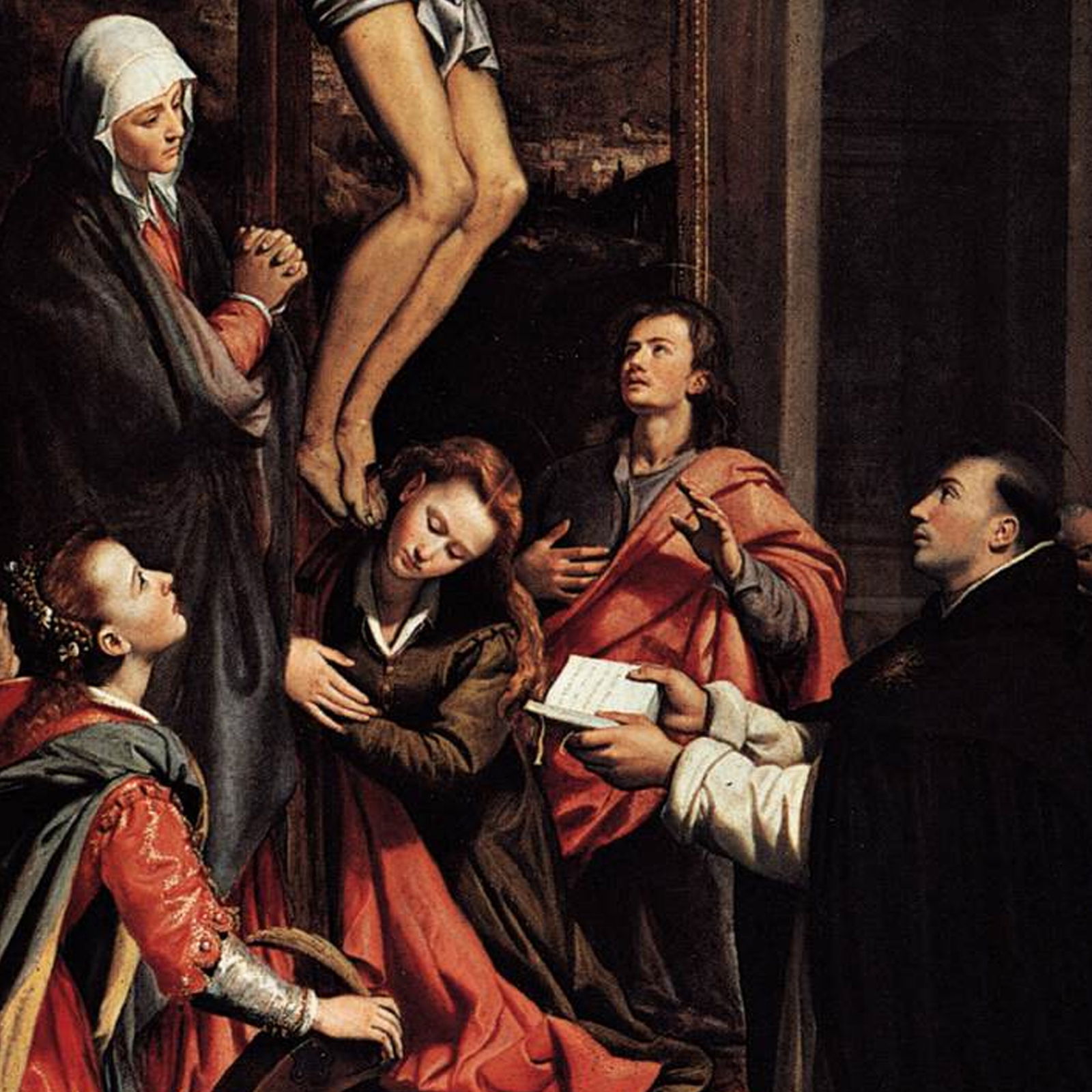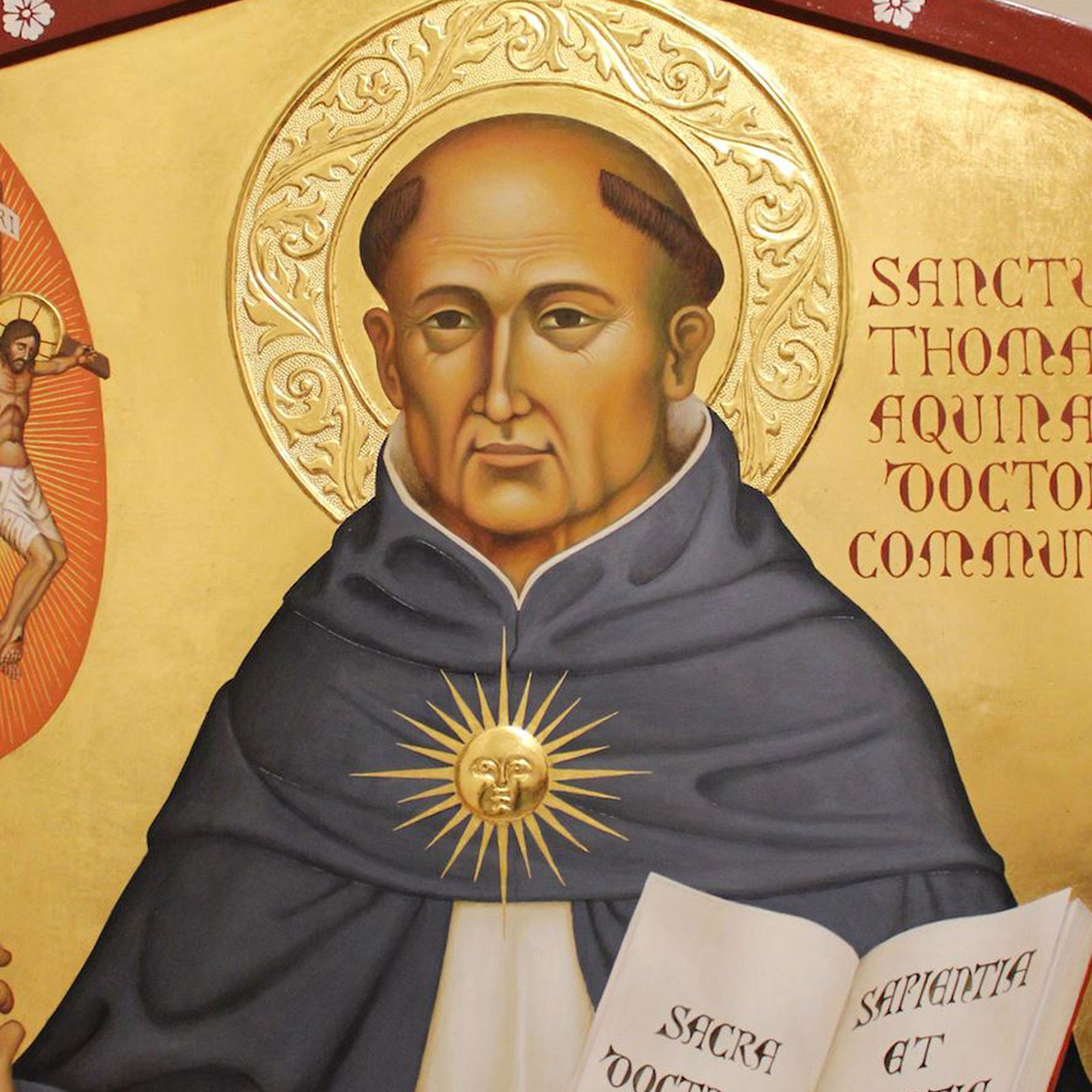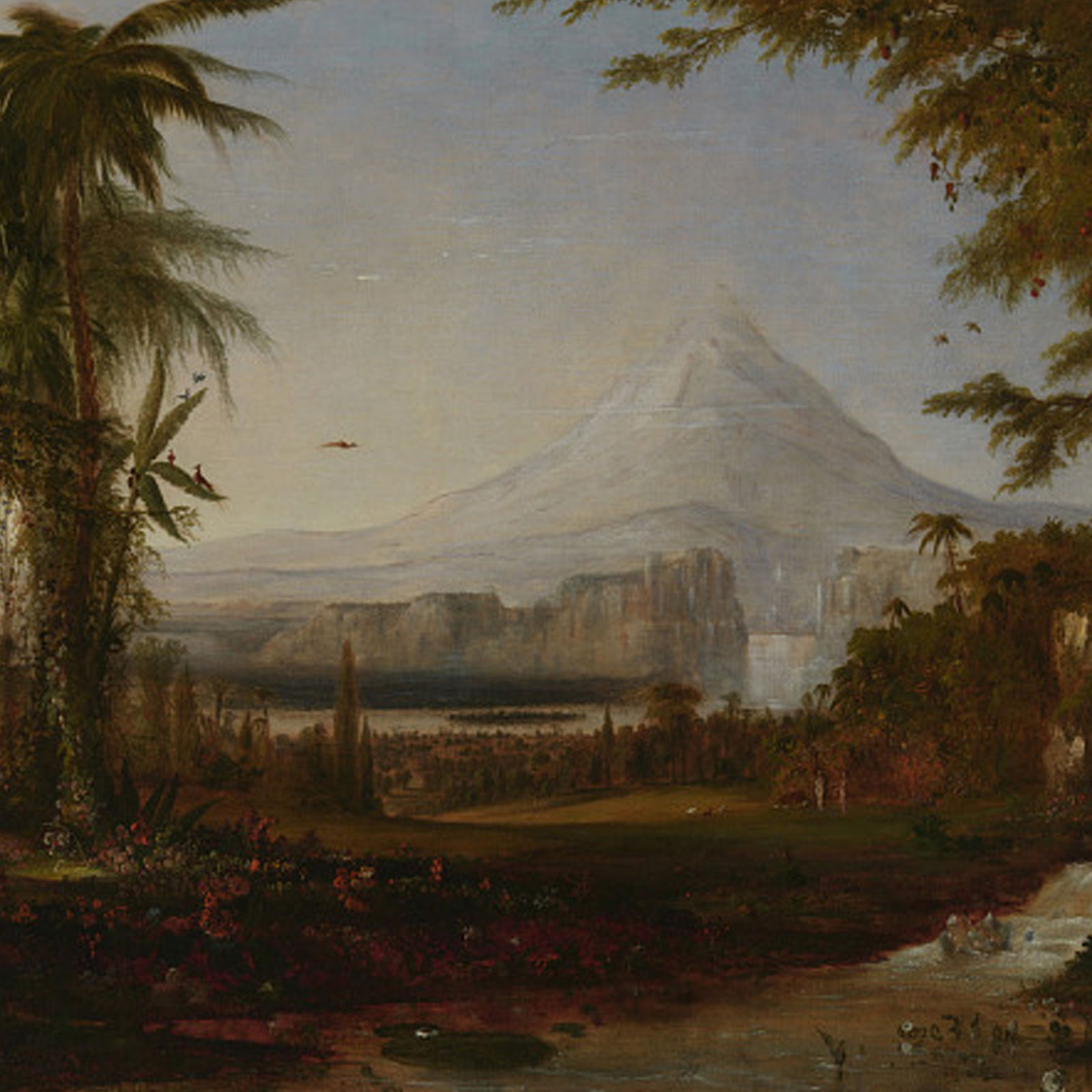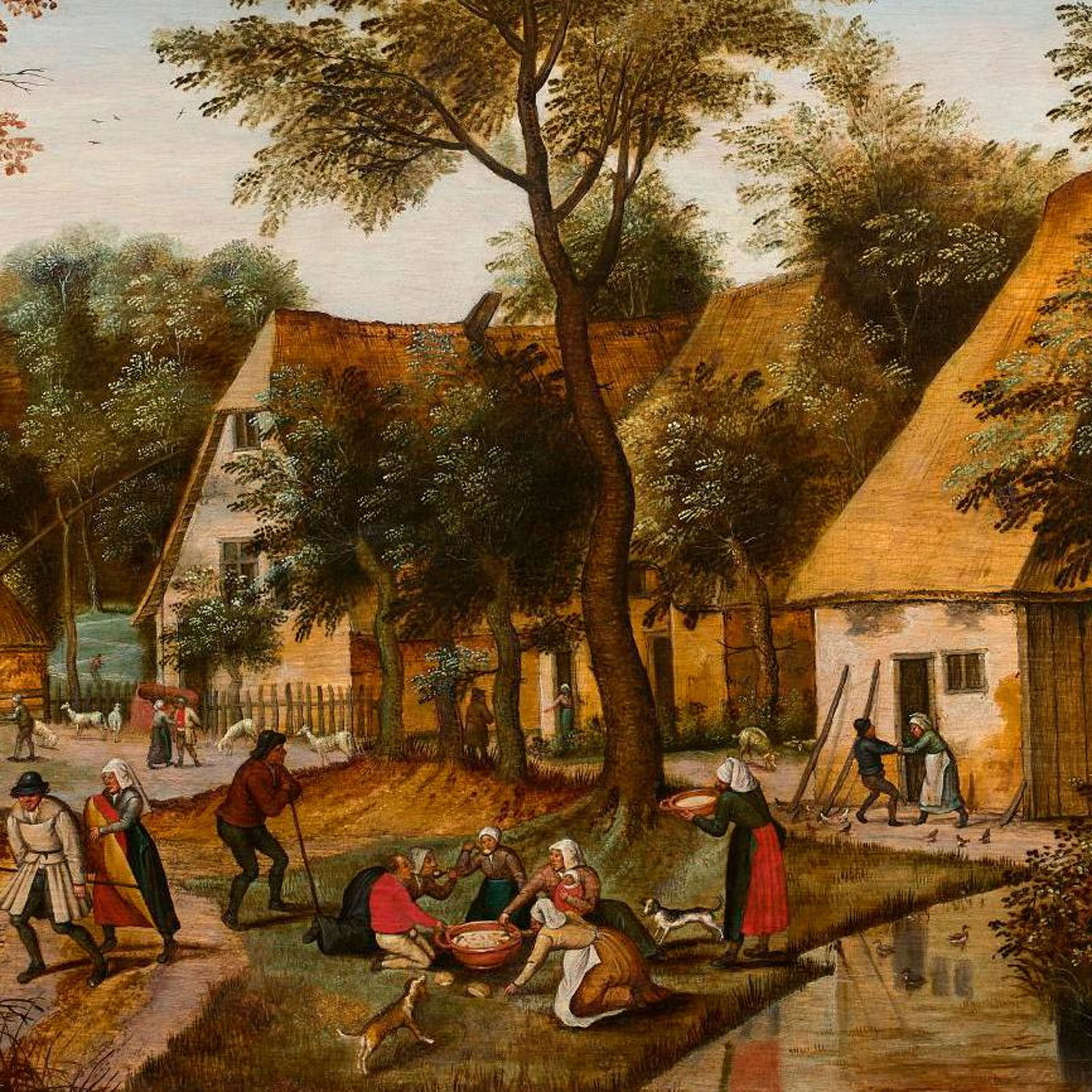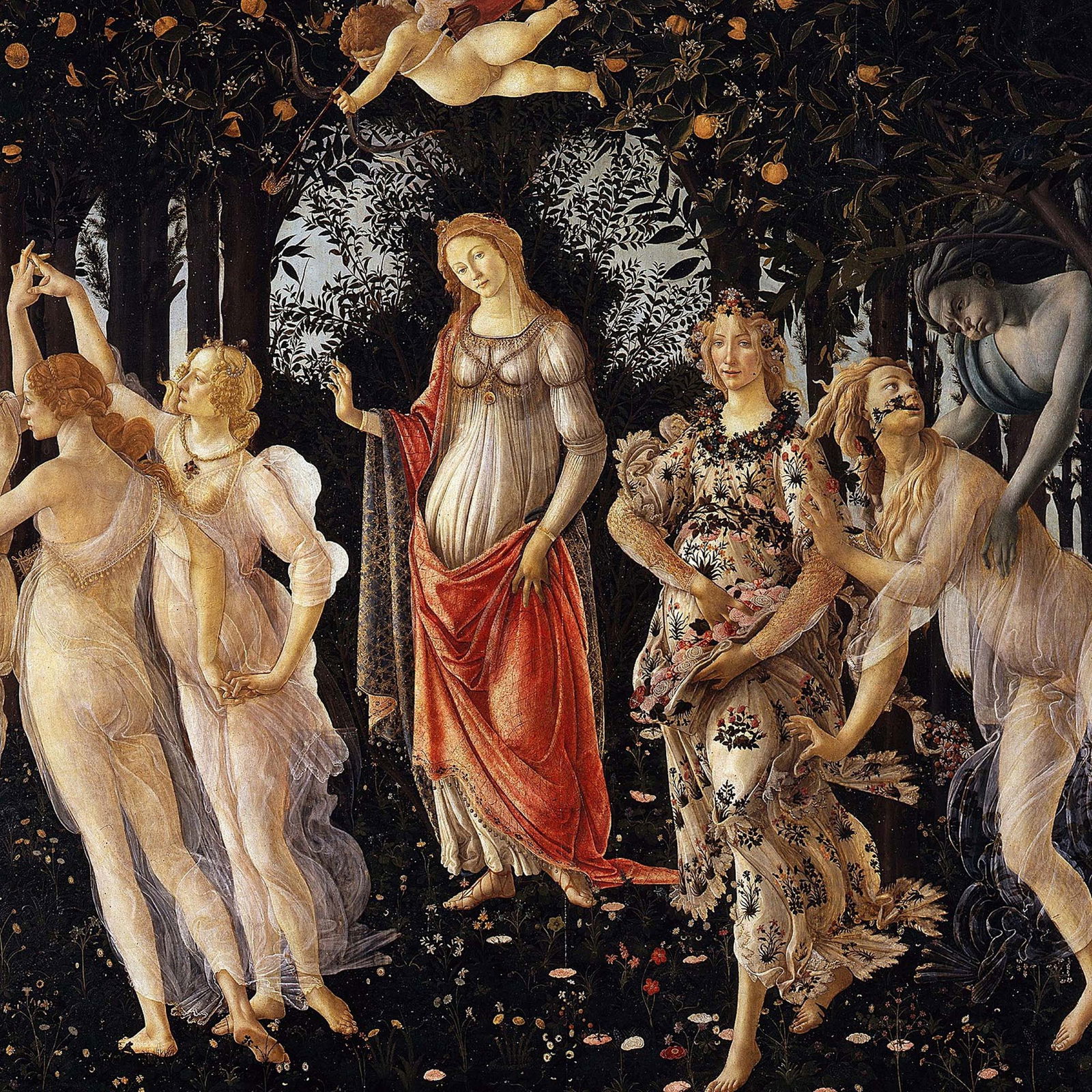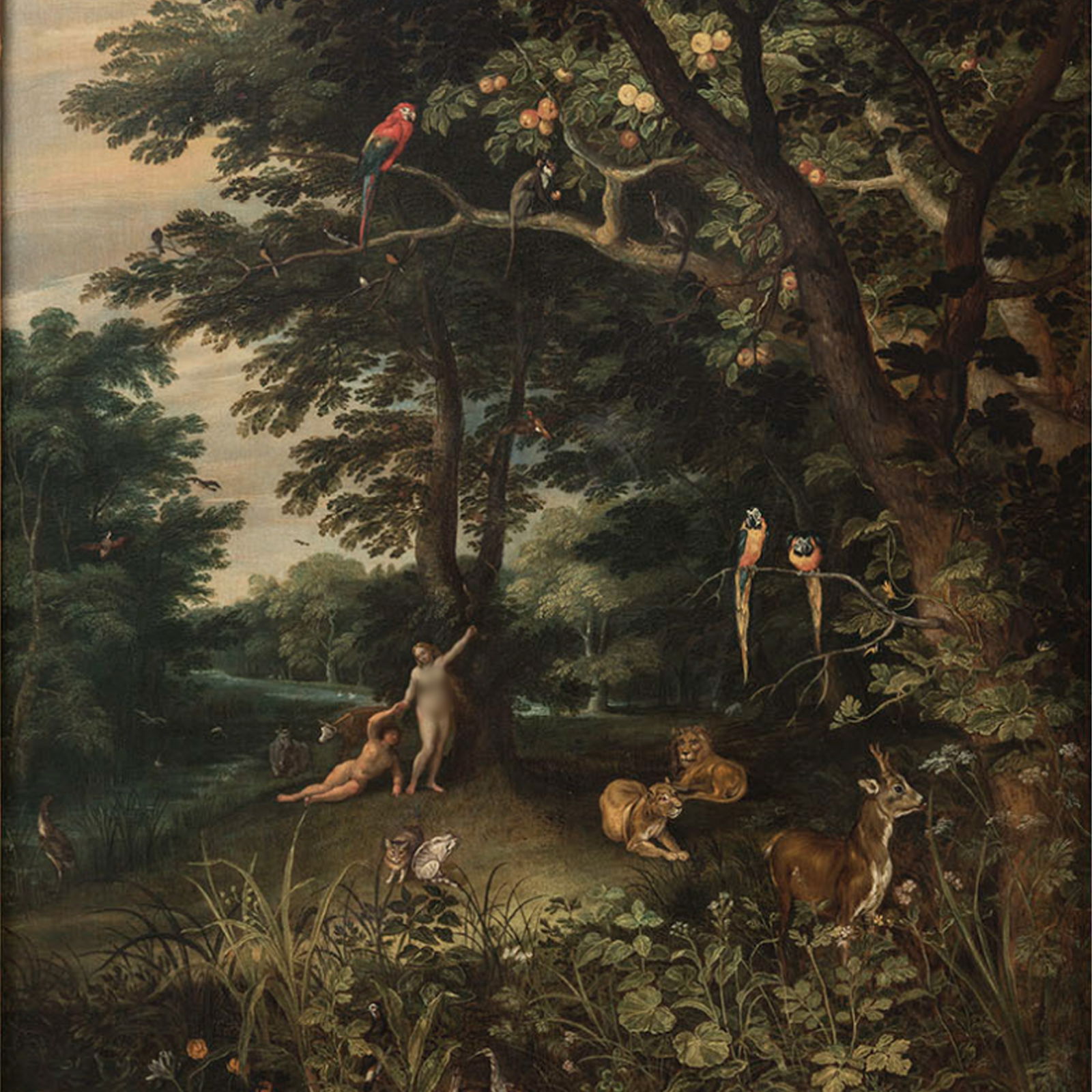Conferences Episodes
What Difference Did Christianity Make? Why the Ancient Greeks, Romans…
Fr. Terence Crotty argues that Christianity spread so rapidly because it uniquely answered the human search for truth and happiness while transforming social life through charity, dignity for slaves and women, and a compelling vision of a good and loving God that pagan religion and philosophy could…
Rebutting Necessitarian Universalism: Three Thomistic Arguments – Pro…
Prof. Mats Wahlberg argues that “necessitarian universalism”—the claim that hell is metaphysically impossible and that God must save all rational creatures—is incompatible with core Christian metaphysical commitments, and he develops three Thomistic arguments to show that the possibility of eternal…
Reprobation and Permission of Sin – Prof. Thomas Osborne
Prof. Thomas Osborne explains reprobation and the permission of sin in Thomas Aquinas as the asymmetrical counterpart to predestination, where God positively causes the grace and merits leading the elect to glory but only permits the sins of the reprobate without ever willing or causing moral evil,…
Aquinas's Interpretation of Predestination in Scripture – Fr. Piotr R…
Fr. Piotr Roszak shows how Thomas Aquinas interprets predestination through a deeply biblical lens, reading predestination as God’s merciful, Christ-centered plan to lead creation freely to a supernatural end and insisting that scriptural context is essential for avoiding deterministic distortions …
Why is Thomism so Fixated on Predestination? – Fr. Cajetan Cuddy, O.P.
Fr. Cajetan Cuddy explains that Thomism is “fixated” on predestination because this doctrine lies at the speculative and practical center of the Thomistic vision of reality, uniting its key philosophical principles and theological convictions about God, creation, grace, and salvation in a single, c…
What is predestination? – Fr. Dominic Legge, O.P.
Fr. Dominic Legge explains predestination as a profoundly hopeful Catholic doctrine rooted in God’s eternal, loving plan to give grace and lead rational creatures freely to the supernatural end of the beatific vision, drawing especially on Saint Thomas Aquinas and Saint Augustine.
Thomas Aquinas on Intellectual Memory – Fr. Philip-Neri Reese, O.P.
Fr. Philip-Neri Reese examines Thomas Aquinas’s theory of intellectual memory, tracing how Aquinas navigates conflicting authorities and ultimately defends the preservation of intelligible species in the possible intellect.
Augustine's Account of Trinitarian Image and Thomas Aquinas – Fr. Reg…
Fr. Reginald Lynch’s lecture explores Augustine’s account of the Trinitarian image and its reception by Aquinas, illuminating how the development of grace, human anthropology, and sacramental life shape the Christian journey ...
In the Beginning Was the Word: Augustine, Aristotle, and Aquinas – Fr…
Fr. Dominic Legge’s lecture traces the theological development of the concept of the Word through Augustine, Aristotle, and Aquinas, illuminating the evolution of Trinitarian analogy and the nature of human understanding in medieval philosophy.
Memory, Intellect, and Will: The 13th Century Reception of Augustine …
Dr. Albert von Thurn und Taxis explores the 13th-century reception of Augustine’s account of memory, intellect, and will, analyzing how medieval philosophers navigated the tension between Augustinian and Aristotelian models of the rational soul.
Beyond but Not Against Nature: How Grace Perfects and Transforms Natu…
Fr. Cajetan Cuddy explores the relationship between grace and nature, demonstrating how grace perfects, transforms, and preserves the continuity of human nature without destroying its fundamental reality.
How the Highest of the Inanimate Touches the Lowest of the Living: A …
Fr. Thomas Davenport examines the philosophical and scientific boundaries between the inanimate and the living, highlighting how Thomistic principles, spontaneous generation, and structured homogeneity offer new ways to understand life’s emergence and complexity.
The Measure of All Things? Rethinking Constants and Replicability in …
Prof. Santiago Schnell’s lecture examines the challenges of measurement, scientific constants, and replicability in the life sciences, highlighting how philosophical and mathematical models are crucial for advancing biological research.
The Plasma Membrane: Boundary and Bridge at the Edge of Life – Prof. …
Prof. Keith Kozminski explores the plasma membrane’s evolving scientific understanding, highlighting its role as both boundary and bridge in cellular life through detailed analysis of structure, function, and paradigm shifts in biology.
Thomistic Wisdom for the Pilgrimage to God – Prof. John Cuddeback
Prof. John Cuddeback presents Thomistic wisdom for the pilgrimage to God emphasizing the importance of cleaving to the final end—God—as the ultimate rule and measure of all actions, fostering order and peace in the spiritual journey.
Thomistic Wisdom for the Pilgrimage to God – Prof. Paige Hochschild
Prof. Paige Hochschild explores Thomistic wisdom for the pilgrimage to God, focusing on the virtues required for spiritual journey, the meanings of patience, hope, and memory, and the role of Dante’s Divine Comedy in illuminating the challenges and fulfillment of the pilgrim’s quest.
Must Beautiful Things be Natural? – Prof. Raymond Hain
Prof. Raymond Hain examines whether beauty must be natural, exploring Thomistic metaphysics, twentieth-century debates between Maritain and Gilson, and contemporary examples from architecture and literature to probe the relationship between nature, artifice, and the beautiful.
Are Societies Natural? The Metaphysics of Thomistic Social Thought – …
Prof. Joshua Hochschild examines whether societies are natural by tracing the Aristotelian and Thomistic understanding of social forms, arguing that certain social bodies like families and states have intrinsic natures and purposes that fulfill the social aspect of human flourishing.
Are the Virtues Natural? – Fr. John Sica, O.P.
Fr. John Sica explores whether virtues are natural by examining Aristotle and Aquinas, ultimately concluding that the virtues are not innate qualities, but are rather habituated character states that perfect human nature.
From Nature to Norm: How to Derive 'Ought' From 'Is' I Prof. Catherin…
Prof. Catherine Peters addresses the philosophical question of deriving moral ought from descriptive is, arguing from a Thomistic natural law perspective that the essence of human nature grounds objective moral norms, bridging fact and value through teleology and reason.
The Natural and the Artificial I Prof. Christopher Frey
Prof. Christopher Frey examines the distinctions and interactions between natural and artificial entities, showing how art can complete, imitate, or even subvert nature within Aristotelian and Thomistic frameworks.
Nature's Cheat Codes? On the Course of Nature and its Laws I Prof. Jo…
Prof. John Brungardt explores the concept of laws of nature as partial transcriptions of the natures of physical substances, emphasizing the interplay between philosophical tradition, scientific discovery, and metaphysical causality.
Aquinas on Nature and the Natural: Form and the Scale of 'Esse' – Fr.…
Fr. Raymund Snyder explores Thomas Aquinas’s metaphysics of nature, form, and the scale of being, emphasizing the integration of Aristotelian and Neoplatonic traditions and the unique Christian vision of creation, essence, and intellect.
Aquinas on Nature and the Natural: Endoxa and Principles I Fr. Raymun…
Fr. Raymund Snyder explores the foundations of nature, natural philosophy, and metaphysics through a Thomistic lens, with special attention to Aristotelian principles, correlative pairs, and the interplay of form, substance, ...
